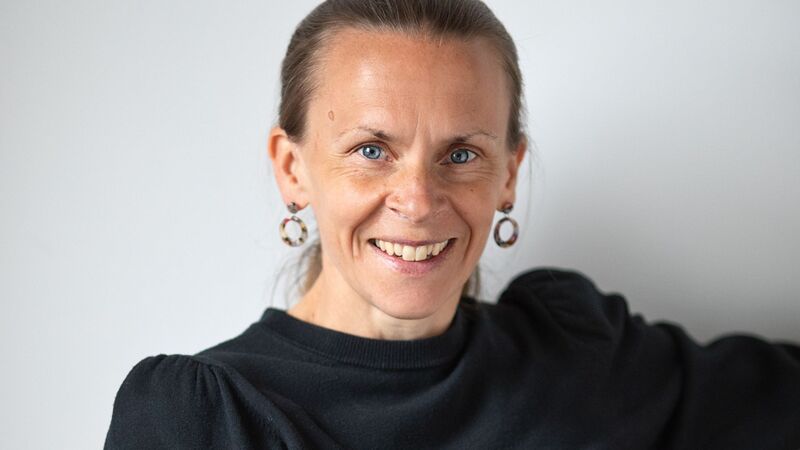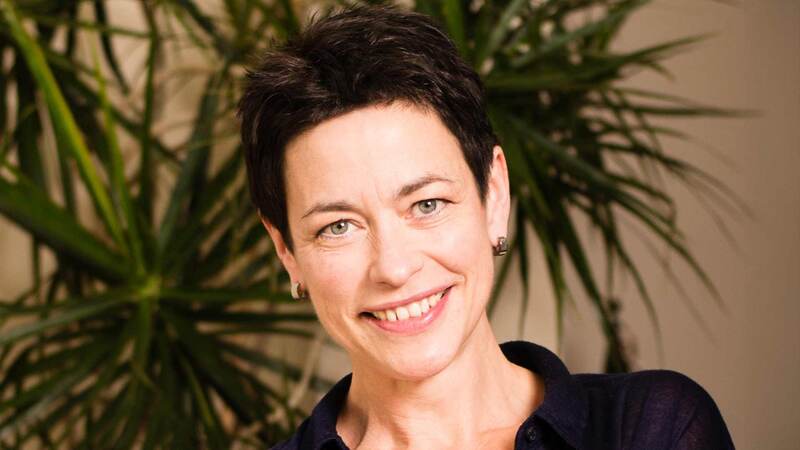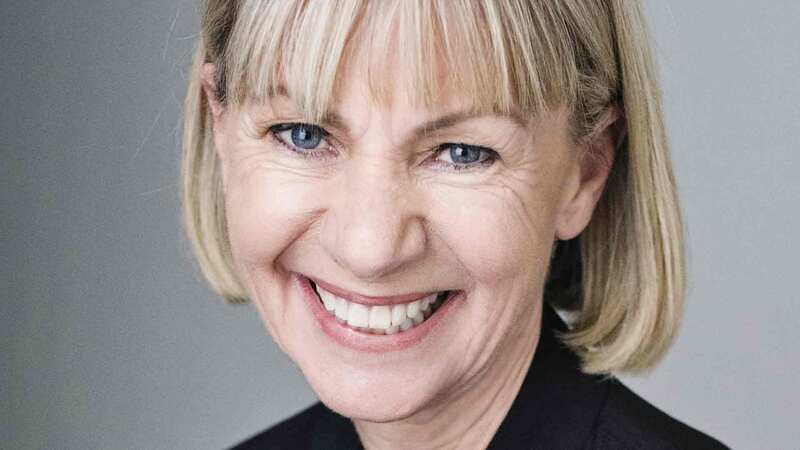You are viewing your 1 free article this month. Login to read more articles.
Continued audio growth for big publishers as new players enter market
Audiobook sales are continuing to rocket, with a number of the biggest publishers in the space confirming they are still experiencing “strong double-digit growth” year on year.
HarperCollins revealed it is still seeing “strong double-digit growth across the board”. While backlist audio sales at the company are continuing to grow, it said the stellar performance of its frontlist titles in audio demonstrated “the importance of simultaneous release and marketing across formats”.
In Lagardere’s latest, third-quarter figures, audiobooks contributed 2.8% of its group publishing revenue, up from 1.8% at the equivalent point last year. Hachette UK said it was experiencing “strong double-digital growth” too, and that this had been the case in each of the past five years. Similarly, Pan Macmillan representatives told The Bookseller it was now in its sixth consecutive year of double-digit growth, with audiobook sales “growing well above the market growth rate”. Shining examples for the publisher include crime writer Peter James’ backlist in audio, sales of which are up 24% year on year, and the audio edition of Julia Donaldson’s The Gruffalo, which is up 44% in volume terms on last year. After two weeks on sale, and following an audio promotion on streaming service Soundcloud, sales of the audiobook of C J Sansom’s seventh novel in the Shardlake series, Tombland, are up 234% on its 2014-published predecessor, Lamentation, at the same point in its publication lifespan, the publisher revealed.
Although reluctant to divulge figures, Penguin Random House UK Audio publisher Richard Lennon said 2018 had been “a phenomenal year for audio publishing” for the company, with “the spoken-word renaissance gathering yet more momentum”.
He added: “Both podcasts and audiobooks are reaching ever-expanding audiences, and we’re particularly excited to see audio reaching people that print and e-book publishing haven’t traditionally been able to. We believe that audio publishing is a really exciting opportunity to introduce this audience to new and different content. This has been particularly true in non-fiction: [Yuval Noah Harari’s] Sapiens, for example, which as a lengthy work of serious non-fiction would have been an unlikely audio hit a decade ago, has been in the Audible top 10 more or less constantly over the past year, as has Jordan Peterson’s 12 Rules For Life.”
The young ones
A host of new market entrants have emerged on the back of the unabated rise of the audiobook. Among them are Bonnier Books UK, which published its first in-house audiobook this summer, selling 20,000 units of My Thoughts Exactly by Lily Allen (pictured right) in the space of two months, and indies Profile Books, Faber, Trigger Press and Head of Zeus, all of which launched audio arms this year (see below).
In spite of the initial outlay involved, Catherine Daly, audio editor at Faber, said the indie was looking to create Faber Audio editions of 20% of its original titles in 2019, with the aim of growing this figure each year “as the market allows”. The ambition is to grow Faber Audio turnover annually by 20%. Head of Zeus is planning to ramp up its audio production tenfold next year in a bid to triple its audio revenue; after publishing 10 audio titles this year, it plans to publish in excess of 100 next year.
Hoping to make audio “a core part” of its business, Profile Books partnered with Little, Brown in June to create its own dedicated audiobook publishing programme. Already reaping the benefits, it produced an Audible bestseller in Robert Greene’s The Laws of Human Nature, and it will soon be releasing Mary Beard’s Women & Power in audio format. Explaining its rationale for getting in on the action, the publisher’s publicity director Hannah Ross said: “The audio market is growing, and it’s not just the same people as those who already buy print editions. We want to make sure our books are reaching as wide an audience as possible.”
Although Audible’s grip on the audiobook market is considered “totally dominant”—as hammered home in a recent report from Enders Analysis, which dubbed the company a “frenemy” for simultaneously “breathing new life” into the market and “putting publishers under pressure”—new audio retailers and platforms are emerging as well.
One such new kid on the block is Hibooks, an app that prides itself on a major point of difference from its rival: eschewing the book credits system for an £8.99-per-month all-you-can-eat model, all the while promising a “more personal” approach to recommendations. It appears to be working, according to Tom Butler-Bowdon, Hibooks’ vice-president for non-fiction, who believes “there is still plenty of room” for new players. Since the San Francisco-based business entered the market a year ago, it has amassed in excess of 50,000 titles for its catalogue, with some 600,000 users worldwide. It has grown its user base fivefold in the past six months. The UK is its third-largest market, after the US and Canada, and it is expected to overtake the latter soon. Increasing its 40-strong workforce to 60 within the next few months, Hibooks will be taking on engineers and writers for its London office, with plans afoot to commission shorter works, such as novellas, essays and opinion pieces, and create its own “originals” list.
A rights palaver
With more players vying for audio rights, agents have reported that the tussle to retain these when negotiating print book deals is fiercer than ever. Piers Blofeld, agent at Sheil Land Associates, said: “Some books are getting a lot [of money] for audio, although mostly in the US, and mostly for classics or well-established authors. Publishers are keener than they have ever been to include audio rights, and instances where there is a strong enough case to split them off are rare.”
Another agent, who asked not to be identified, said Audible still has “money to burn for big names and big projects” and, accordingly, over the past year “far more publishers are being far more ‘grabby’... They want more bang for their buck, more rights when they are acquiring print rights—it is a bit of a land-grab at times. The major publishers are demanding audio on all the books they buy, and increasingly the independents are as well.”
Indies getting in on audio
Catherine Daly
Faber, Audio editor
“Smartphones have created a blossoming in listening, with radio apps, podcasts and audiobooks serving listeners different levels of depth and topicality. Audiobooks offer listeners a long-form, immersive form of entertainment without abridgement compromising the author’s intention.”
Hannah Ross and Louisa Dunnigan
Profile Books
“We have always tried to get as many of our books published in audio as possible, but we decided to start producing our own audiobooks, as well as selling on sub-rights to other audiobook publishers. It’s a growing market that we needed to actively invest in—this way we have more control over the audio publication, our authors benefit directly and long- term through extra royalties, and the books find a new audience.”
James Waller
Trigger Press, m.d.
“We will publish a good proportion of our 2019 frontlist in audio, aiming for simultaneous publication wherever possible. We want to be bold and ambitious with our audio programme, and to reach as many people with our content as we possibly can... Our business is growing rapidly, and it will be interesting to see what percentage audiobooks contribute overall.”
Nicolas Cheetham
Head of Zeus, publisher
“We were attracted to the market by long-term prospects of growth. Audio doesn’t require a specialist device for the best user experience, unlike e-books. Among the challenges are higher production costs, twinned with a lack of good sales data.”
Read Bonnier Books UK's head of audio Jon Watt's blog on the popularity of podcasts here and WF Howes & Wavesound's general manager Miles Stevens-Hoare's blog on the advance of audio here.



















